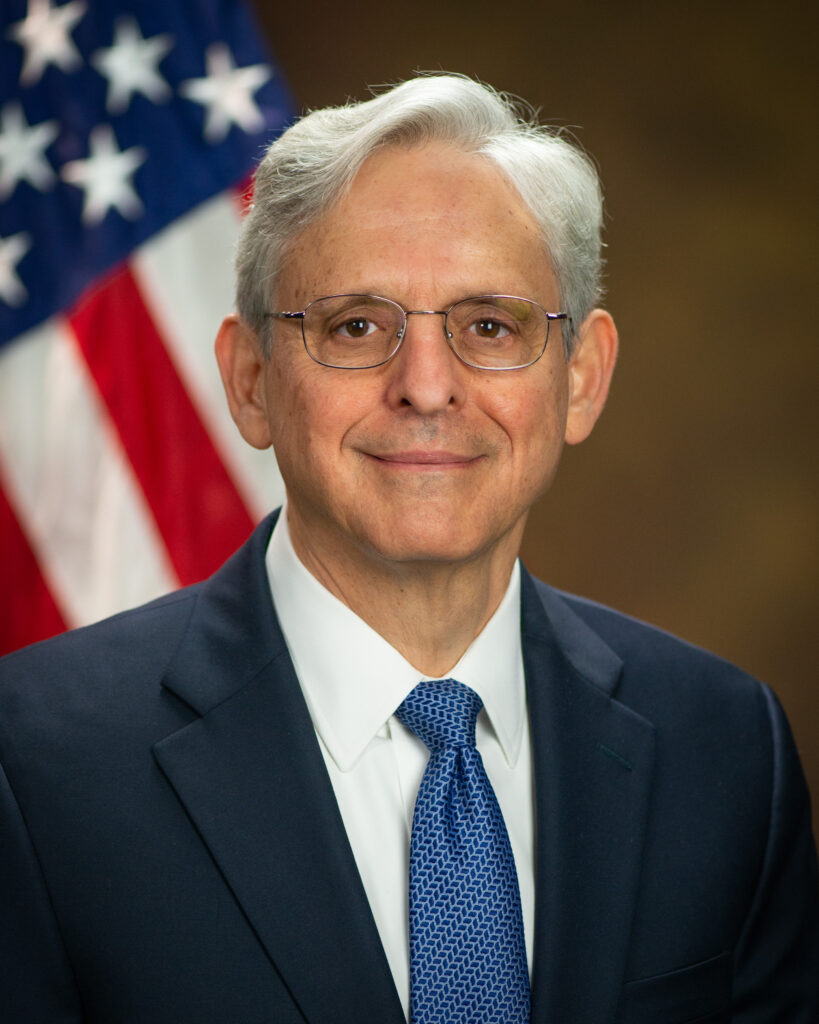Public interest advocates are calling on Attorney General Merrick Garland to create a comprehensive public database to track corporate crime.
“The Department should produce and maintain a corporate crime database,” the advocates wrote this week in a letter to Garland. “This is an elemental form of accountability. Street criminals have rap sheets — corporate law-breakers ought to have them, too. This could help to deter and punish such crime in many ways.”
The Department of Justice did not respond to inquiries about the letter.
The Corporate Crime Database Act was introduced in Congress in 2010 to require the Department to establish and maintain such a database, and to make it available to the public via the Internet.
But Congress failed to act on the legislation and the legislation has not been introduced since.
Similar proposals have been made by advocates for many years.
More than one-third of a century has elapsed since the Department issued a thorough analysis of corporate crime in America.
It was called Illegal Corporate Behavior.
“We are well into the 21st century, and non-governmental unofficial databases on corporate crime have been created to partially fill the void,” the advocates wrote.
“The University of Virginia Law School has pulled together its Corporate Prosecution Registry. The Corporate Research Project has its Violation Tracker. But there is still no comprehensive official federal database of corporate crime in America.”
“Given your recognition of the tremendous costs of corporate crime to Americans, their safety, household wealth and our economy, the Department must resolutely employ these most elementary tools of analysis and accountability without further delay.”
“We would like to discuss these matters with you, as well as enforcement budgets and broader consensus subjects relating to corporate crime, fraud and abuse that annually are costing many human casualties and hundreds of billions of dollars to taxpayers and to private-sector consumers, workers, and small businesses.”
The letter was signed by consumer advocate Ralph Nader, University of Maryland Law Professor Rena Steinzor, Robert Weissman of Public Citizen, Greg LeRoy and Philip Mattera of Good Jobs First, University of San Diego Law Professor Robert Fellmeth, Charlie Cray of Greenpeace and John Richard of Essential Information.
